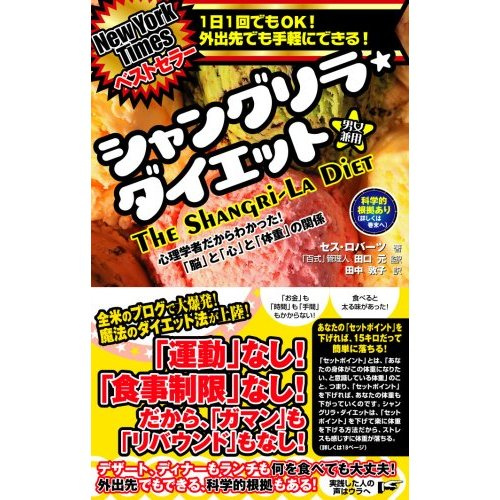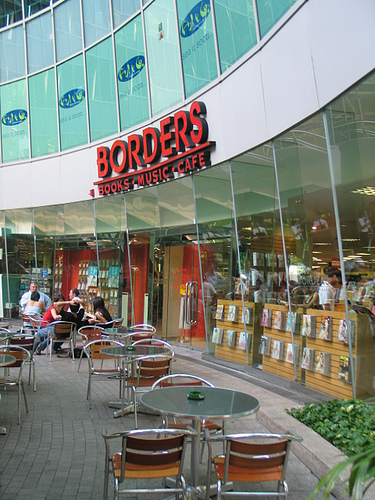Andrew Gelman makes an excellent suggestion:
At the airport they have different terminals for different airlines, with flights leaving from all over the place. Why not have a simpler system, where all the flights to Chicago leave from one section of the airport, all the flights to L.A. leave from another section, and so forth?
Flight as commodity. He adds:
Imagine a bookstore where the books were arranged by publisher and you had to look at the Random House books, then the Knopf books. etc.
A big bookstore in Beijing called Bookstore City is organized like this. On the other hand, the last 20 years of American retail have seen the rise of the opposite of Andrew’s suggestion: Whole stores devoted to one brand, such as Apple or Nike or Samsung.
Some Beijing stores (or collections of stores) are hyper-organized-by-function. An electronics mall near me contains dozens of booths, each with a big selection in a narrow niche, such as laptop cleaning products, videocams, computer cables, laptop bags, disk drives, and so on. Whereas an electronics superstore might sell ten different laptop bags, the laptop-bag booth probably had 60 different ones. Not so different from the Beijing Zoo. This is why I love shopping in Beijing. It really is a shopper’s paradise.
Sellers want brands so that they can charge more (and perhaps feel better about themselves). Buyers, unless they want to show off, want commodities for low cost and convenience. Nobody brags about what airline they flew. Until airlines start giving away cool t-shirts and tote bags, Andrew’s idea makes sense.


